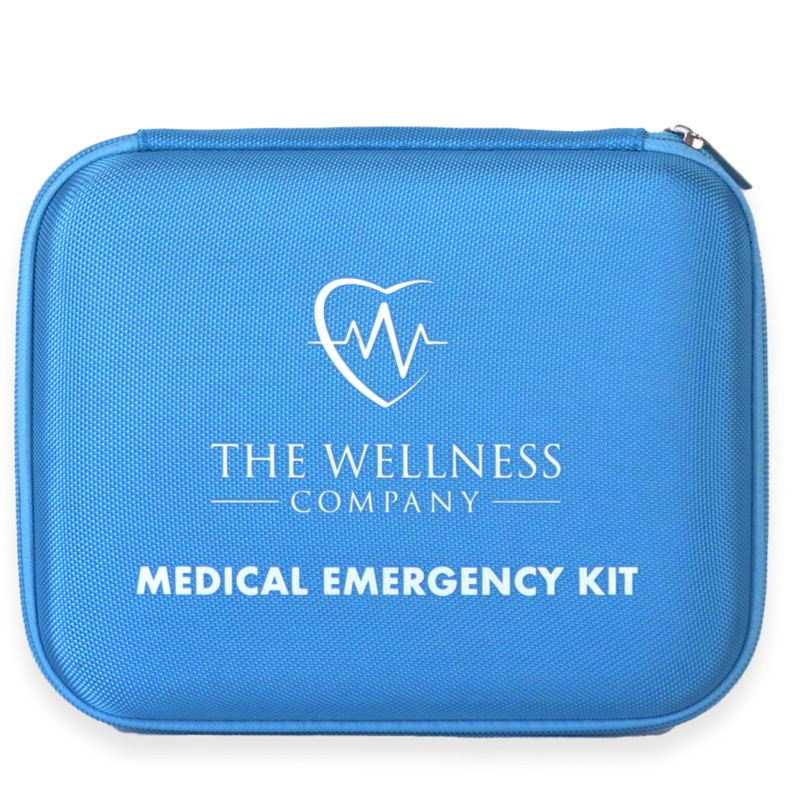Is Intermittent Fasting Really Linked to a 91% Higher Risk of Cardiovascular Death?

A survey presented at the American Heart Association’s “Epidemiology, Prevention, Lifestyle and Cardiometabolic Health” session on March 18th, 2024 stated “8-hour time-restricted eating linked to a 91% higher risk of cardiovascular death. The study involved 20,078 people who self-reported their eating patterns over two 24-hour time frames. The average age was 49 years.
Data was collected from the 2003-2018 National Health and Nutrition Examination Survey and linked to 2019 mortality statistics from the National Death Index.
The abstract concluded:” In US adults, TRE (time-restricted eating) with eating duration <8 hours was significantly associated with a higher risk of cardiovascular mortality in the general population as well as in people with cardiovascular disease or cancer. These findings do not support long-term use of 16:8 TRE for preventing cardiovascular death.”
Poorly researched study, with many flaws
Some of the glaringly obvious flaws to this preliminary “study” that stand out are:
- No mention was given as to the overall health, preexisting conditions, or diet of this group.
“The study’s limitations included its reliance on self-reported dietary information, which may be affected by participant’s memory or recall and may not accurately assess typical eating patterns. Factors that may also play a role in health, outside of the daily duration of eating and cause of death, were not included in the analysis.”
- It is a preliminary study, not yet peer-reviewed. Peer review is defined as “a process of subjecting an author’s scholarly work, research or ideas to the scrutiny of others who are experts in the same field.”
- Two 24-hour self-reported time frames of restricted eating gives little to no solid evidence of risk of cardiovascular death. (when were the self-reported time frames completed?)
- Were the participants on medications?
- Did the participants participate in any meaningful exercise routines?
- What was the occupation of the participants? Were they exposed to stressful work conditions or exposed to toxic chemicals?
- Were the participants shift workers?
- Was their 8-hour eating window voluntary or because they were unable to find time to eat during other times of the day? (Work schedule demands, etc.)
Fasting has been around for a long time
Intermittent fasting and fasting in general has been practiced for millennia across all walks of life, religions (Islam, Judaism, Christianity, and Buddhism all include fasting as part of their religious practice), and for improving health outcomes.
Until recently food wasn’t available 24/7. The availability of food on demand, along with a diet filled with processed foods, has led many in the scientific and medical community to believe it has contributed to the overwhelming explosion in type 2 diabetes, obesity, cancer, and cardiovascular diseases.
What is intermittent fasting?
Intermittent fasting involves eating within a certain time period, usually within a daily or weekly schedule.
Different intermittent fasting methods include:
- Skipping or eating breakfast later than usual (to lengthen time from the last meal of the day before and the new day)
- Time-restricted eating. One popular method is the 16:8-time frame, where you eat within a fixed window of 8 hours and fast for the remaining 16 hours. During the fast, you may drink plain water, black coffee, or tea.
- Other types of fasting include:
- the 5:2 calorie-restricted diet. This diet is 2 days of restricted calories- around 500-700 calories and 5 days you follow your usual eating patterns and don’t restrict calories.
- Weekly or biweekly 24-hour fast.
There are many more variations to this type of fasting. Some fasting diets call for eating a specific food or breaking the fast with juice or other drinks.
Intermittent fasting facts and benefits
Before we delve into the enormous health benefits of intermittent fasting, there are a few cautions and populations that should exercise caution or not fast at all.
These include:
- Pregnant or nursing
- Taking medication that must be taken with food.
- Cancer patients
- History of eating disorders
- Diabetic patients
Consult with your primary care provider before starting this or any other diet or supplement.
A few benefits of intermittent fasting
- Fasting improves mitochondrial function. Mitochondria produce adenosine triphosphate (ATP) which is the main source of energy required by a cell.
- Reduces oxidative damage and decreases inflammation.
- Improve metabolic syndrome (a combination of symptoms- abdominal obesity, such as insulin resistance, high cholesterol, elevated fasting blood glucose, and elevated blood pressure) and help prevent metabolic syndrome-induced cancers (endometrial, lung, thyroid, bladder, leukemia, non-Hodgkin lymphoma, bladder and others). By improving the outcome of metabolic syndrome, cardiovascular disease risk is also lowered.
- Manage type 2 diabetes – A PubMed review of literature on diabetes and intermittent fasting concluded that “Current evidence suggests that intermittent fasting is an effective non-medicinal treatment option for type 2 diabetes”.
- May help prevent severe and disabling outcomes prior to infection of COVID 19 and other viruses.
Intermittent fasting outcomes depend on
- Overall health status- be sure to check with your healthcare provider before embarking on any diet. Some people with thyroid or other endocrine disorders should use caution when fasting.
- What you eat when you break your fast. Many people break their fast by eating a protein-rich meal and avoiding carbohydrates. This stabilizes blood sugars and can aid in weight loss by using stored fat in the form of ketones.
- Activity level- Fasting, along with moderate physical activity can provide potential health benefits. Overexercising and electrolyte loss from exercising in a hot environment without replenishing the body of electrolytes can cause more harm than good.
- Age - Unless closely supervised by a health professional, most children should not intermittent fast.






















